You are using an out of date browser. It may not display this or other websites correctly.
You should upgrade or use an alternative browser.
You should upgrade or use an alternative browser.
Russia's Invasion of Ukraine (Official Thread)
- Thread starter newarkhiphop
- Start date
More options
Who Replied?Like.
I.
Said.

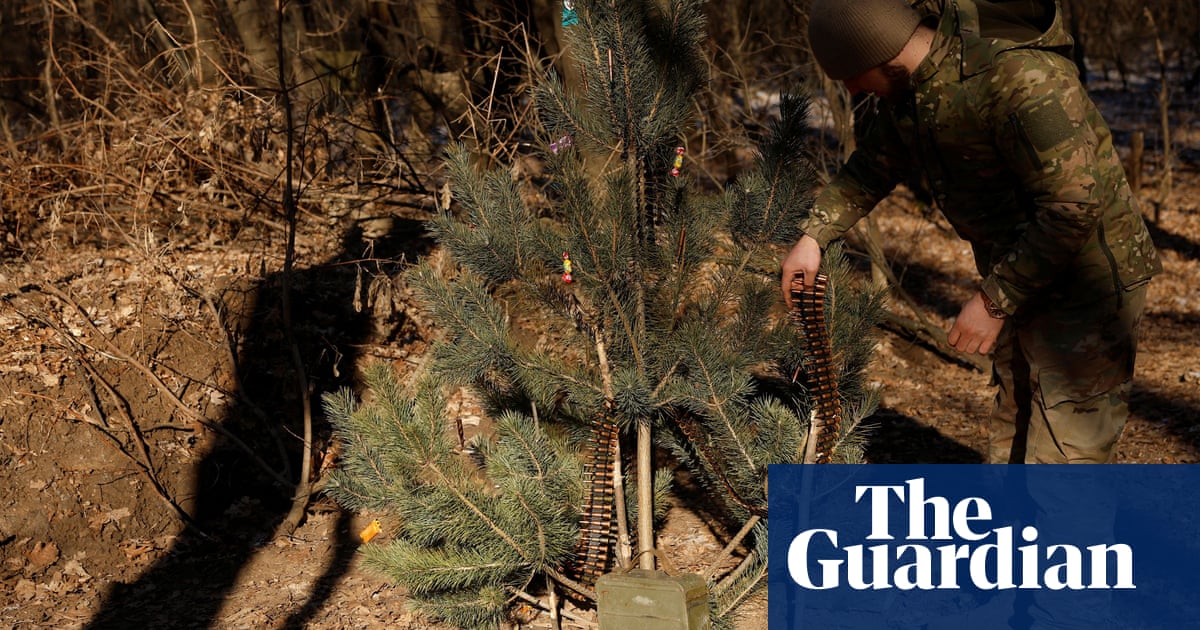
 www.theguardian.com
www.theguardian.com

Ukrainian service personnel decorate a Christmas tree with ammunition, near Soledar, Ukraine, in January 2023. Photograph: Clodagh Kilcoyne/Reuters
Ukraine has moved its official Christmas holiday to 25 December in a break with the Russian Orthodox church, which celebrates it on 7 January.
The bill signed by President Volodymyr Zelenskiy on Friday highlights the deepening rift between churches in Kyiv and Moscow since Russia’s invasion of its pro-western neighbour.
“The relentless and successful struggle for their identity contributes to … the desire of every Ukrainian to live their own life with their own traditions and holidays,” reads an explanatory note to the bill on the parliament’s website.
The church has traditionally observed Christmas on 7 January, at the same time as the Moscow patriarchy, which has given its blessing to Putin’s attack on Ukraine. Patriarch Kirill, the head of the Russian Orthodox church, is a prominent Putin supporter and has said Russian soldiers who are killed will be cleansed of all their sins. Last year the Orthodox church of Ukraine allowed worshippers to celebrate Christmas on 25 December.
The purpose of the new law was to “abandon the Russian heritage of imposing Christmas celebrations on 7 January”, the note said.
Ukraine had been under Moscow’s spiritual leadership since at least the 17th century but part of the Ukrainian Orthodox Church broke with Moscow in 2019 over Russia’s annexation of Crimea and support for separatists in the east of their country.
The Russia-backed branch of Ukraine’s Orthodox Church also said it had severed ties with Moscow in May 2022.
The move to 25 December is part of a bigger national process of dismantling the symbols of Russia, the Soviet Union and communism, which took off in 2014 when Putin annexed Crimea and kickstarted a pro-Moscow uprising in the eastern Donbas region.
I.
Said.


Ukraine moves Christmas date to 25 December in snub to Russia
Ukrainian church has traditionally observed the holiday on 7 January, in line with the Moscow patriarchy
Ukraine moves Christmas date to 25 December in snub to Russia
Ukrainian church has traditionally observed the holiday on 7 January, in line with the Moscow patriarchy

Ukrainian service personnel decorate a Christmas tree with ammunition, near Soledar, Ukraine, in January 2023. Photograph: Clodagh Kilcoyne/Reuters
Ukraine has moved its official Christmas holiday to 25 December in a break with the Russian Orthodox church, which celebrates it on 7 January.
The bill signed by President Volodymyr Zelenskiy on Friday highlights the deepening rift between churches in Kyiv and Moscow since Russia’s invasion of its pro-western neighbour.
“The relentless and successful struggle for their identity contributes to … the desire of every Ukrainian to live their own life with their own traditions and holidays,” reads an explanatory note to the bill on the parliament’s website.
The church has traditionally observed Christmas on 7 January, at the same time as the Moscow patriarchy, which has given its blessing to Putin’s attack on Ukraine. Patriarch Kirill, the head of the Russian Orthodox church, is a prominent Putin supporter and has said Russian soldiers who are killed will be cleansed of all their sins. Last year the Orthodox church of Ukraine allowed worshippers to celebrate Christmas on 25 December.
The purpose of the new law was to “abandon the Russian heritage of imposing Christmas celebrations on 7 January”, the note said.
Ukraine had been under Moscow’s spiritual leadership since at least the 17th century but part of the Ukrainian Orthodox Church broke with Moscow in 2019 over Russia’s annexation of Crimea and support for separatists in the east of their country.
The Russia-backed branch of Ukraine’s Orthodox Church also said it had severed ties with Moscow in May 2022.
The move to 25 December is part of a bigger national process of dismantling the symbols of Russia, the Soviet Union and communism, which took off in 2014 when Putin annexed Crimea and kickstarted a pro-Moscow uprising in the eastern Donbas region.
Spidey Man
Superstar
That's the only thing that scares me about the current war. I really hope that China and US have a plan if shyt goes South. I wonder what happens to the nuclear arsenal if China and the US have to move in. I can't imagine the Pentagon loving the idea of China seizing thousands of nuclear weapons, just like I'm sure they don't want the Pentagon doing the same.
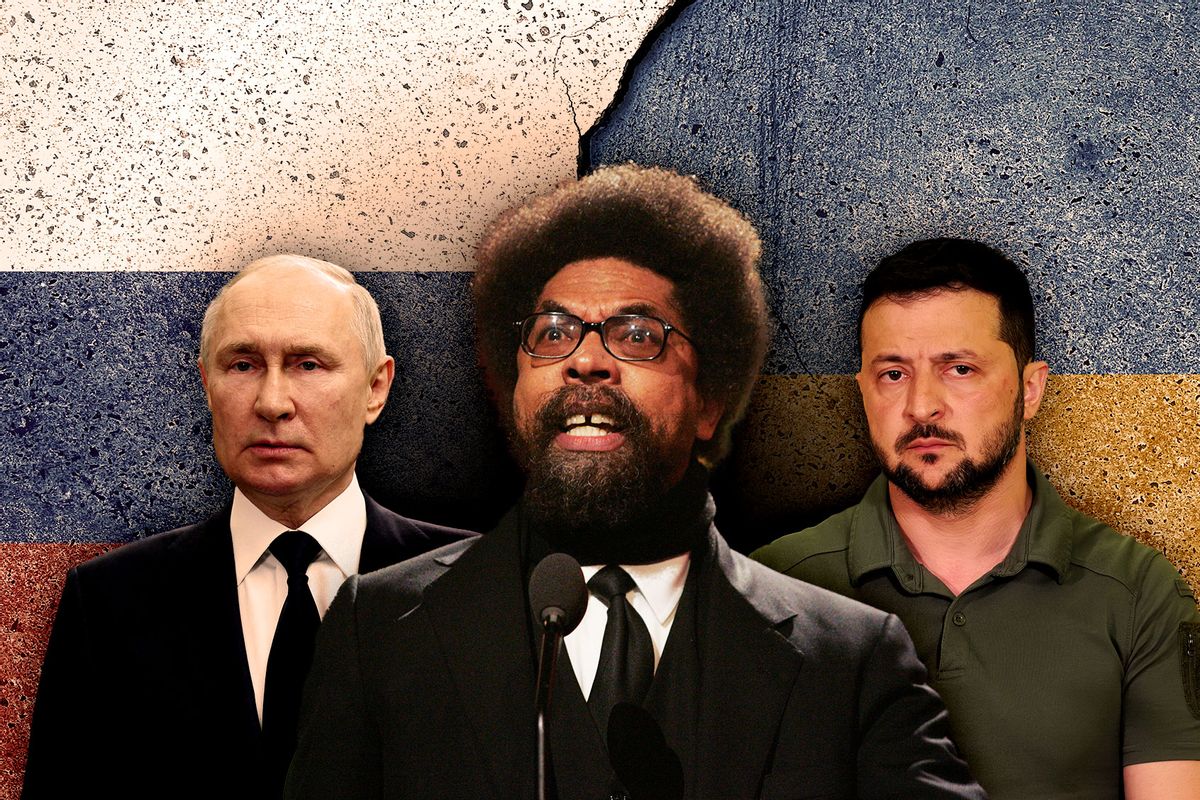
How Russian colonialism took the Western Left for a ride
Blindness to Russian colonialism distorts Westerners’ view of the Ukraine war
 www.salon.com
www.salon.com

How Russian colonialism took the Western Left for a ride
Blindness to Russian colonialism distorts Westerners’ view of the Ukraine war
The building that got hit with the drone in Moscow, what was it?
Mister Terrific
It’s in the name

How Russian colonialism took the Western Left for a ride
Blindness to Russian colonialism distorts Westerners’ view of the Ukraine warwww.salon.com
Just ask a tankie why there are blonde haired, blue eyed white people in Central Asia and watch them juelz.
Remember when tankies were spamming Mersheimer like Jesus Christ?Just ask a tankie why there are blonde haired, blue eyed white people in Central Asia and watch them juelz.

ADevilYouKhow
Rhyme Reason
/cloudfront-us-east-2.images.arcpublishing.com/reuters/ZRTIGJHSBBOD5JLX5TCMWRMLBY.jpg)
Ukraine retakes 15 sq km in south, east in past week
Ukrainian forces have recaptured nearly 15 square km (5.8 square miles) of land from Russian troops in the east and south over the past week during their counteroffensive, a senior defence official said on Monday.
China restricts civilian drone exports, citing Ukraine and concern about military use
China has imposed restrictions on exports of long-range civilian drones, citing Russia’s war on Ukraine and concern drones might be converted to military use.

Ukrainian Tank Losses Diminish As Polish Technicians Save More And More Damaged Leopard 2s
If Kyiv’s allies can fix up every Western tank that analysts have counted as damaged, Leopard 2 losses might total ... three.
 www.forbes.com
www.forbes.com
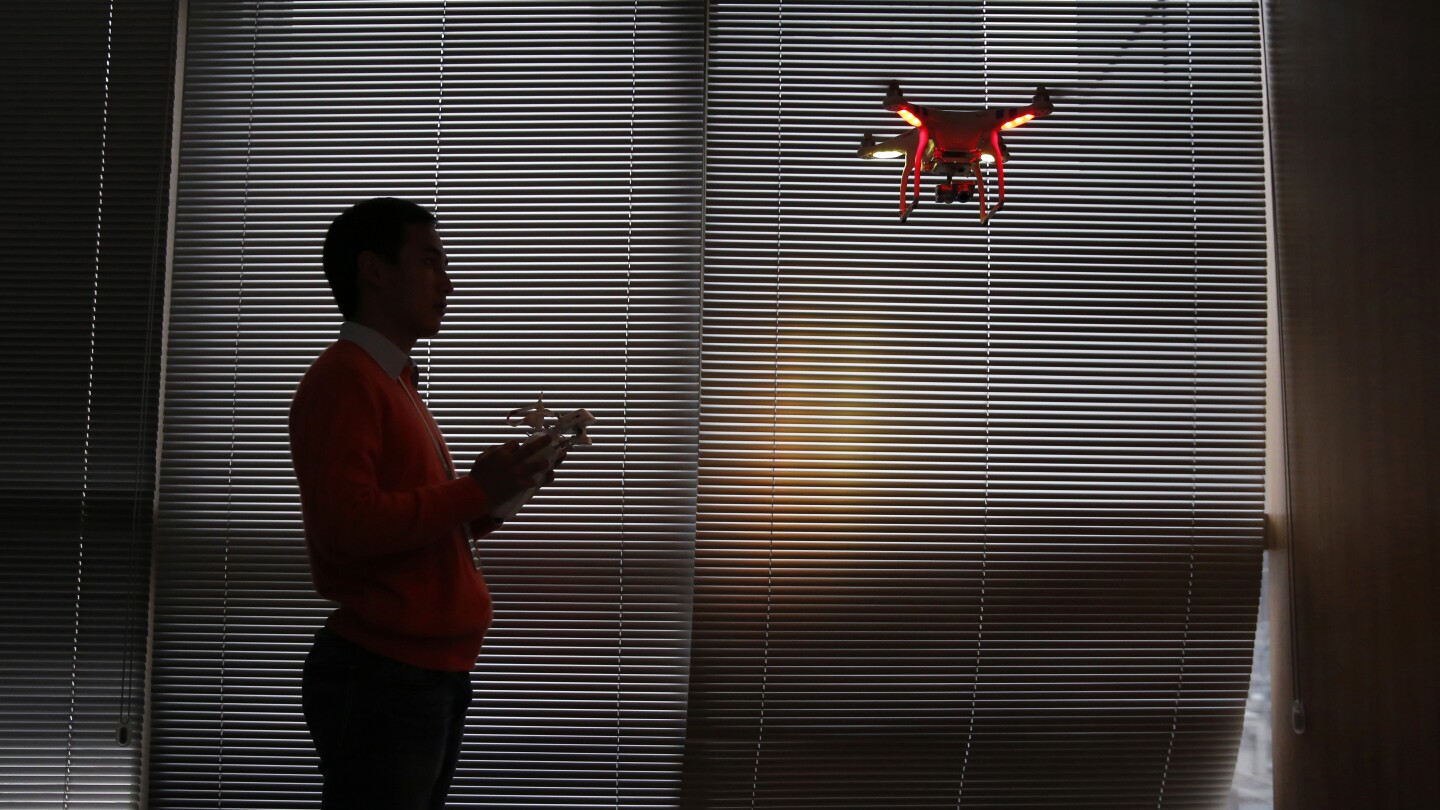
China restricts civilian drone exports, citing Ukraine and concern about military use
China has imposed restrictions on exports of long-range civilian drones, citing Russia’s war on Ukraine and concern drones might be converted to military use.apnews.com
China really doesn't wanna be out there like that


African leaders leave Russia summit without grain deal or a path to end the war in Ukraine
African leaders have left two days of meetings with Russian President Vladimir Putin with little to show in response to their requests to resume a deal that kept grain flowing from Ukraine and to find a way to end the war there.
ADevilYouKhow
Rhyme Reason

Ukrainian volunteers develop inexpensive missiles to 'overwhelm' Russian air defences
Inventors in Ukraine have developed an inexpensive cruise missile they hope can “overwhelm” Russian air defences so that rockets equipped with warheads are more likely to reach their targets. The inventors…
ADevilYouKhow
Rhyme Reason

‘We Can Never Forgive This’: In Odesa, Attacks Stoke Hatred of Russia
President Vladimir V. Putin of Russia views Odesa as a culturally important part of his nation. But many in the Ukrainian city reject the connection and view the country that has been attacking it with loathing.
ADevilYouKhow
Rhyme Reason
How Russia is evading sanctions to keep $10 billion worth of seized Boeing and Airbus planes flying
Sanctions prevent Boeing or Airbus from sending spare parts to Russia, so the nation has turned to other alternatives like "cannibalizing" other jets.

Russian Cruise Ship, Met With Fresh Protests In Batumi, To Remove Georgian Port From Itinerary
The cruise ship Astoria Grande, with some 800 mostly Russian passengers on board, was met with fresh protests as it arrived in the Georgian Black Sea port of Batumi early on July 31 on its way back from Istanbul.
 www.rferl.org
www.rferl.org
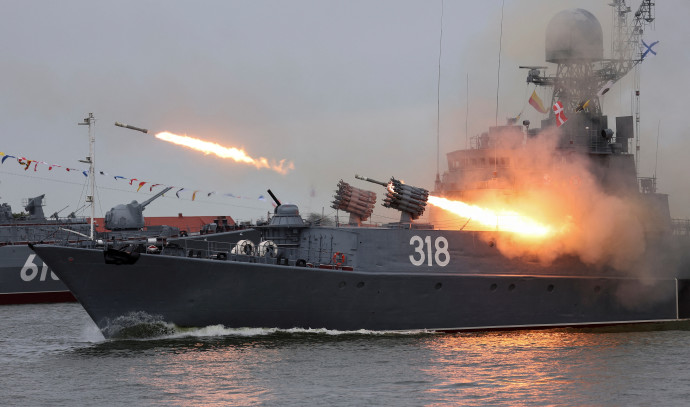
Russian sailor arrested for planning to blow up own country's warship
Russian media reported that the servicemember was offered Ukrainian citizenship and money by Ukraine's Security Service.
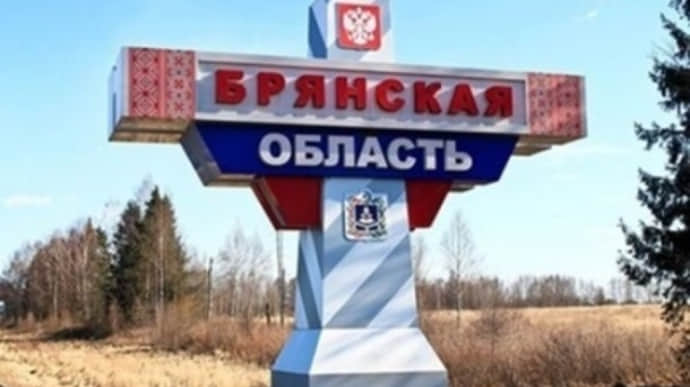
Russians plan terrorist attacks against their own population in Bryansk Oblast
Russian authorities are planning to carry out terrorist attacks against Russians in Bryansk Oblast, near the Ukrainian border.
Elon Musk refused Ukraine's request for Starlink that would help it attack Russian ships with exploding sea drones, report says
Elon Musk's Starlink has given Ukraine's military a boost, but he denied a request for it to help in Crimea last year, The New York Times reported.
ADevilYouKhow
Rhyme Reason
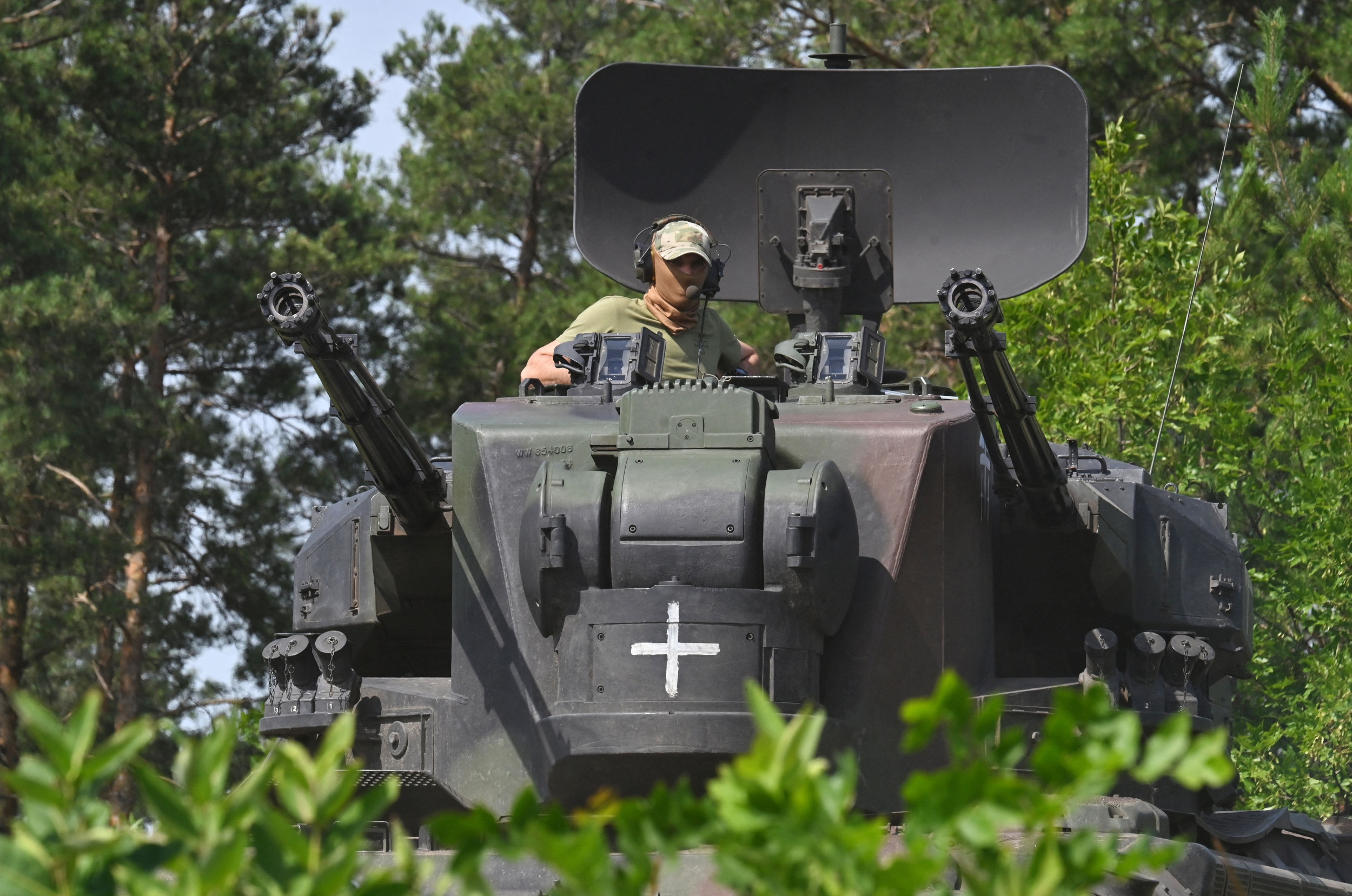
Ukraine map shows counteroffensive breakthrough in south
Kyiv's forces are reporting success in several parts of the front, as they seek a route through Russia's heavily fortified defensive network.
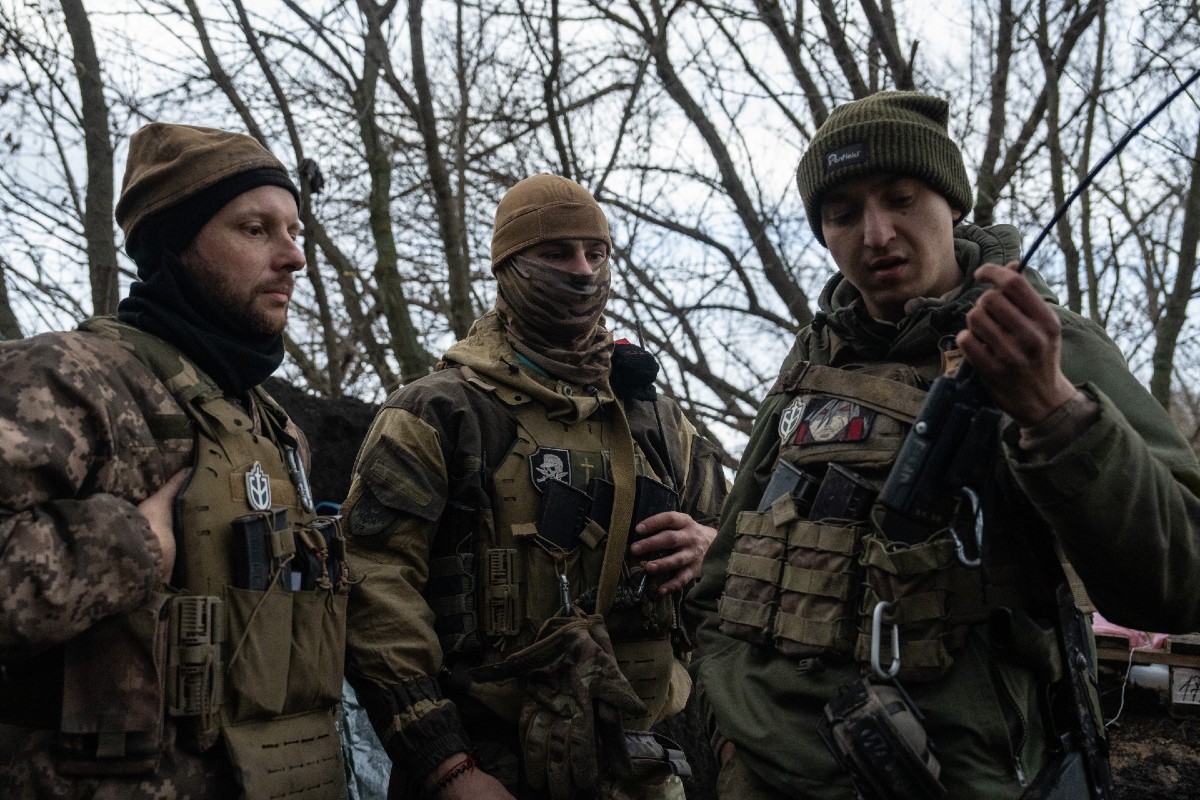
Ukraine satellite map of unharvested crops reveals current front line
Ukrainian farmers often cannot plant crops because the fields are dangerous, meaning they are "risking their lives to plant on mined lands," the U.N. has said.